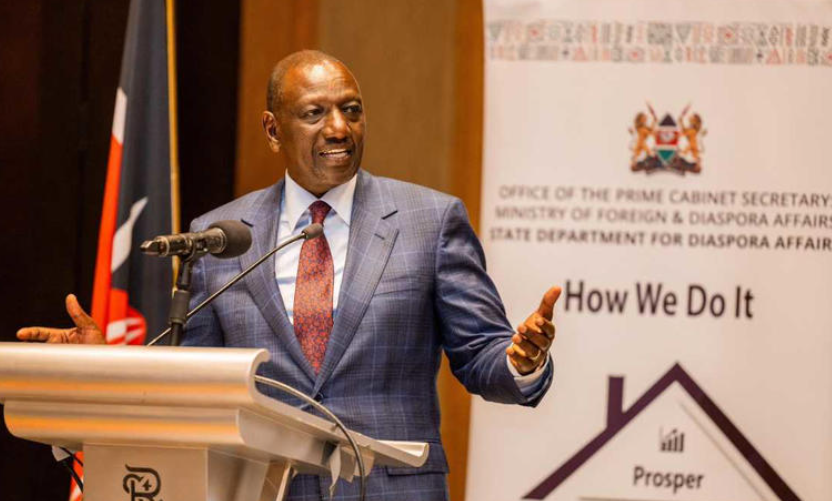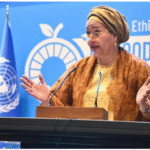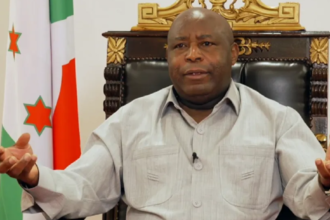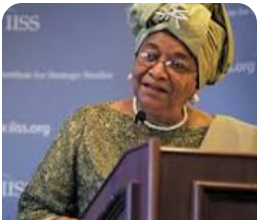By Daniel Niyongabo
NAIROBI, Kenya – In a significant boost for youth employment, President William Ruto’s Cabinet has endorsed the National Youth Opportunities Towards Advancement (NYOTA) programme, a World Bank-sponsored initiative set to create 90,000 job opportunities for Kenyan youth starting August 2025. The announcement follows a Cabinet meeting held on Tuesday, July 28.
The NYOTA programme aligns with the Ruto administration’s commitment to job creation and is a key pillar of its Bottom-Up Economic Transformation Agenda. It targets over 820,000 vulnerable and unemployed youth across the nation, including persons with disabilities.
According to a cabinet dispatch, the core “On-the-Job Experience programme” component of NYOTA will provide 90,000 youth with three- to six-month paid placements with various employers. Participants will receive a monthly stipend of KSh 6,000, deposited directly into their Haba Haba savings accounts.
Applications for these opportunities commenced on July 11 and are set to close on August 15, 2025, with over one million Kenyans reportedly having already applied.
The NYOTA project is structured into four main components designed to enhance employability, skills recognition, and access to decent work. Beyond the paid on-the-job training, it includes entrepreneurship support and Recognition of Prior Learning (RPL) certification, aiming to formally acknowledge skills acquired through informal means.
This latest initiative is part of a broader government strategy to tackle youth unemployment. In June 2025, the government launched the nationwide Climate WorX programme, projected to create over 110,000 jobs. Additionally, in 2024, the government unveiled 300,000 job opportunities for Kenyans in 19 countries abroad, pledging loans of up to KSh 300,000 to assist youth with travel and logistical costs for overseas employment.
Further demonstrating its commitment, the Kenya Kwanza administration, in July 2025, also launched the Affordable Housing Internship Programme. This programme aims to absorb 4,000 graduates from universities and TVET institutions specializing in fields like architecture, surveying, engineering, and construction management. The broader affordable housing project, targeting 200,000 units annually, is estimated to employ more than 250,000 Kenyans, reinforcing the government’s multi-pronged approach to youth economic empowerment.









